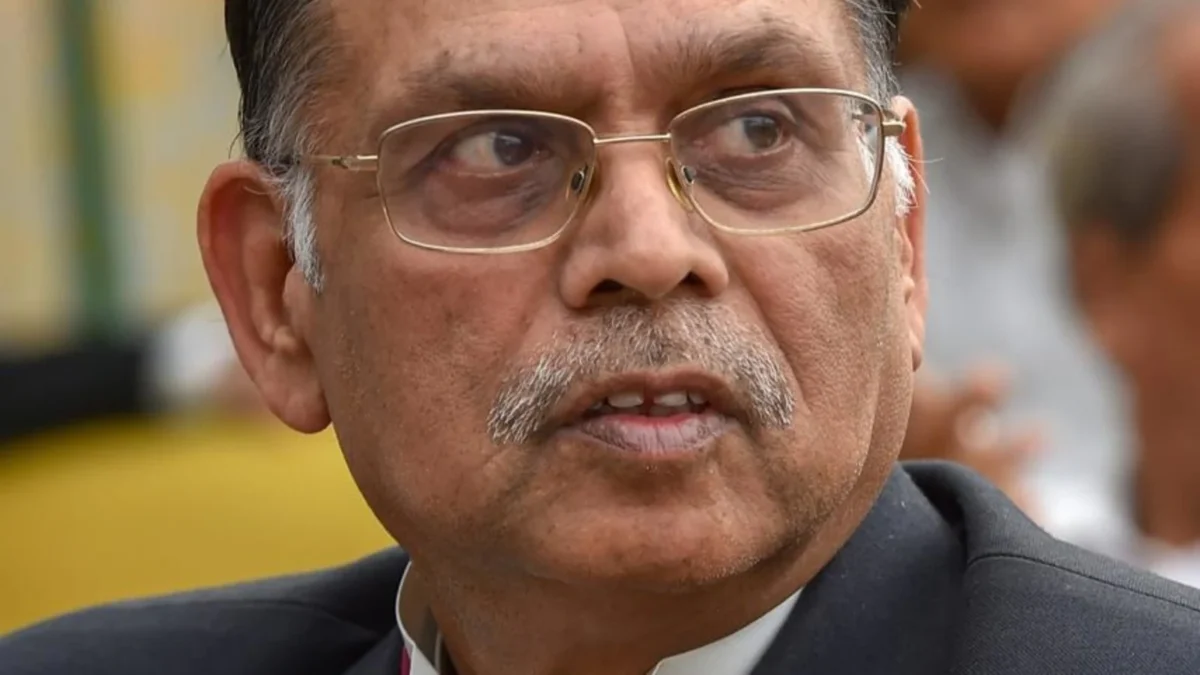Effective collaboration among the BRICS nations, aimed at striking a delicate balance between the promotion of sustainability and healthy competition, is of utmost importance in addressing the intricate challenges of our time. These sentiments were echoed by the chairperson of the National Company Law Appellate Tribunal (NCLAT), Ashok Bhushan, during his address on October 12th.
Chairing the eighth BRICS International Competition Conference in the national capital, Bhushan underscored the significance of fostering an environment of free and equitable competition within the marketplace. He also emphasized the need for robust mechanisms to regulate digital markets, recognizing the unique challenges posed by the digital economy.
In his keynote address, Bhushan declared that a strong commitment to antitrust enforcement is a fundamental element of the overarching public policy framework governing corporations. This commitment ensures that markets remain competitive, preventing monopolistic practices and safeguarding the interests of consumers.
Furthermore, Bhushan emphasized the need for BRICS nations to cooperate effectively in striking the right equilibrium between sustainability and competition, particularly when confronting multifaceted challenges. This cooperation, he asserted, would be pivotal in finding innovative and effective solutions to the challenges facing these emerging economies.
The eighth BRICS International Competition Conference, where these ideas were expressed, is expected to draw over 600 delegates and will run until October 13th. Notably, this conference marks a return to India, which last hosted the event in 2013. According to Bhushan, free and fair competition is a cornerstone of a healthy market economy, promoting economic growth, innovation, and consumer welfare.
A significant aspect of Bhushan’s address was the incorporation of sustainability into competition law. He highlighted the potential for competition law to stimulate innovation and the development of cleaner technologies, renewable energy sources, and sustainable solutions across a wide spectrum of industries. This perspective underscores the evolving role of competition policy in not only fostering fair market practices but also in driving environmentally responsible business behavior.
In the current global context, the BRICS nations – Brazil, Russia, India, China, and South Africa – represent substantial economic powerhouses, and their economic policies and competition practices have far-reaching implications. As these countries continue to grow and play a more prominent role in the global economy, the need for effective collaboration and alignment of policies becomes increasingly evident.
Cooperation among the BRICS nations is vital for promoting a balanced approach to sustainability and competition. Striking this balance is particularly challenging in a world where environmental concerns, economic growth, and technological advancements are all pressing issues. Bhushan’s call for effective cooperation reflects a recognition that no single nation can tackle these complex challenges in isolation. Instead, a collaborative approach, involving the exchange of ideas, best practices, and harmonization of policies, is essential.
In the realm of competition law, the emphasis on antitrust enforcement is a clear indication of the commitment to ensuring that markets are open, fair, and competitive. This, in turn, benefits consumers and encourages businesses to innovate and operate efficiently. The importance of antitrust enforcement cannot be understated, as it serves as a safeguard against monopolistic behavior that could stifle innovation and harm consumers.
Moreover, Bhushan’s call for the regulation of digital markets highlights the unique challenges presented by the digital economy. As technology continues to evolve rapidly, it is crucial to have mechanisms in place to address issues such as data privacy, platform dominance, and market manipulation. A robust regulatory framework is essential to ensure that digital markets remain competitive and fair.
Incorporating sustainability into competition law is a forward-looking approach that recognizes the interconnectedness of economic and environmental concerns. By encouraging businesses to adopt sustainable practices, competition policy can be a powerful driver of positive change. This includes the development of cleaner technologies, renewable energy sources, and sustainable solutions across various industries, contributing to a more environmentally responsible and economically viable future.
In conclusion, Ashok Bhushan’s address at the eighth BRICS International Competition Conference underscores the importance of effective cooperation among these emerging economies. Striking the right balance between sustainability and competition is not only pertinent but also crucial in addressing the complex challenges of our time. By promoting free and fair competition, enforcing antitrust measures, regulating digital markets, and incorporating sustainability into competition law, the BRICS nations can collectively work toward a more prosperous and sustainable future, both for their own citizens and the global community.



